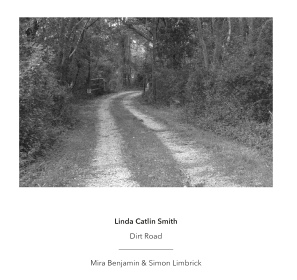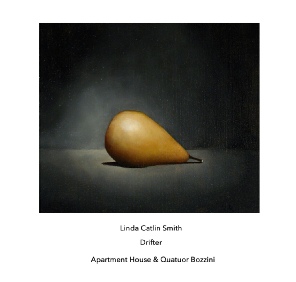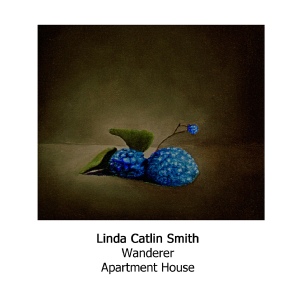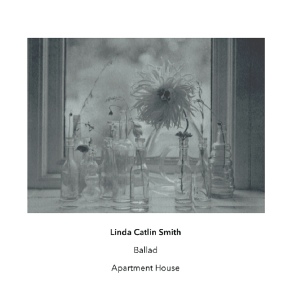Another Timbre TimHarrisonbre
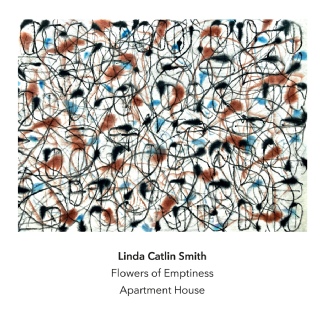
Interview with Linda Catlin Smith
The pieces on the CD cover a period of 38 years (1986 to 2024). There are differences, but I guess that in a blind test many people would struggle to identify for sure which were older works and which were the most recent. Do you see a lot of continuities in your music across the decades, or are the differences very clear from where you stand?
I think of the early pieces on this recording - Flowers of Emptiness (1986) and As you pass a reflective surface (1991) - as early steps on a certain aesthetic path. And while I see them as quite different from later works, I suppose there is a thread of thought that runs through most of my work – a kind of reflective atmosphere, a concern with harmony and colour… Maybe I’m like a still life painter, looking at the same objects again and again over the years. But in each piece, I try to take myself – even in some small way - into something I hadn’t quite done before.
'String Quartet No.6' is the longest piece on the album by some way, and I find it a really strong & beautiful work - one of my favourite quartets of this century. Can you tell us a bit about the piece?
I composed String Quartet No. 6 for the Penderecki Quartet in 2013. It’s one of my few pieces with no title. I was exploring the medium of string quartet anew for myself – I think many composers feel like I do, that you are never done with the string quartet – and in this one, I was looking for a tangled, woven polyphony, a kind of messy texture out of which spare, almost astringent landscapes emerge. I wanted to try to get lost in the polyphonic thickets, both in terms of the independence of the lines, and the harmonic language. And maybe I succeeded in being lost, to the point where a title eluded me. Sometimes I just feel music speaks for itself, as in this case, and so I just let it be.
Some of the shorter pieces on the disc seem to me like essays or sketches - and are no less beautiful for that. Your music generally seems to have a lack of grandiosity or pretension, which I appreciate a lot. Is that a quality in your music which you recognise or have consciously sought?
I don’t know if it’s particularly conscious, but I do have an aversion to high drama in music – I like intimacy and focus, and the sheer sensuousness of sound. I like to try to create a state of being, a state of thought, or non-thought, where the piece suspends us for a time. And even in the short pieces, I wanted to create this sense of time that is larger than the few minutes they actually hold.
You've composed pieces for all genres, including an opera, symphonic and vocal works, but the overall of your work list is balanced towards chamber music. This suits me personally, but was it a choice, or is it simply due to where commissions came from? Looking back on your career as a composer, are there things that you wish you'd done more (or less) of)?
Chamber music is my world – it’s where musicians who are devoted to new music are often found (Apartment House and the Bozzini Quartet are perfect examples) - and for many composers, these are our people. I love hearing music in a small space, where we can be close to the musicians – a hall that seats 60 people is a wonderful thing – we are intimate with the music. But at one point I felt I needed to work with a larger set of musicians to obtain a more complex set of colours and harmonies. My first three orchestra pieces I wrote just to see what I could do. (The last three were commissioned.) And it’s amazing to compose for orchestra. I love writing for large ensembles, and for string orchestra, I love writing for unusual combinations. If I want to do something I will just do it; I wrote a piece for 9 violins, though no one asked me to. Sometimes we just have to write for larger forces so we can get at different material. The most difficult thing, (for me, anyway) are instrumental solos – I’ve written lots of them, and they are so challenging. But chamber music is the heart of it for me – I love nothing more than being in rehearsal with a fine chamber music ensemble, where everyone is working to understand this new thing.
at230 Linda Catlin Smith ‘Flowers of Emptiness’
Chamber works played by Apartment House
1 Waterlily for string quartet
2 Blackwing for bass clarinet
3 Flowers of Emptiness for string trio
4 Lamento for two violins
5 Das Rosen-Innere for cello and piano
6 As you pass a reflective surface for string quartet
7 Nightshade for clarinet, violin, cello & double bass
8 String Quartet No.6
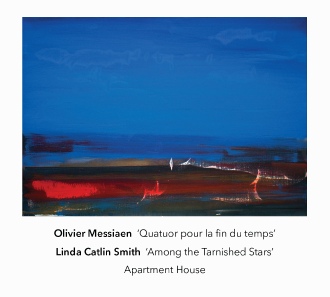
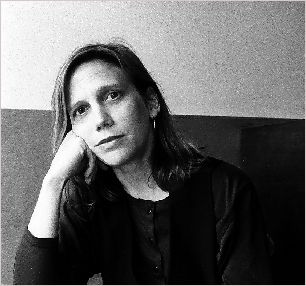
Linda Catlin Smith
Previous albums by Linda Catlin Smith
Click on covers for more details
